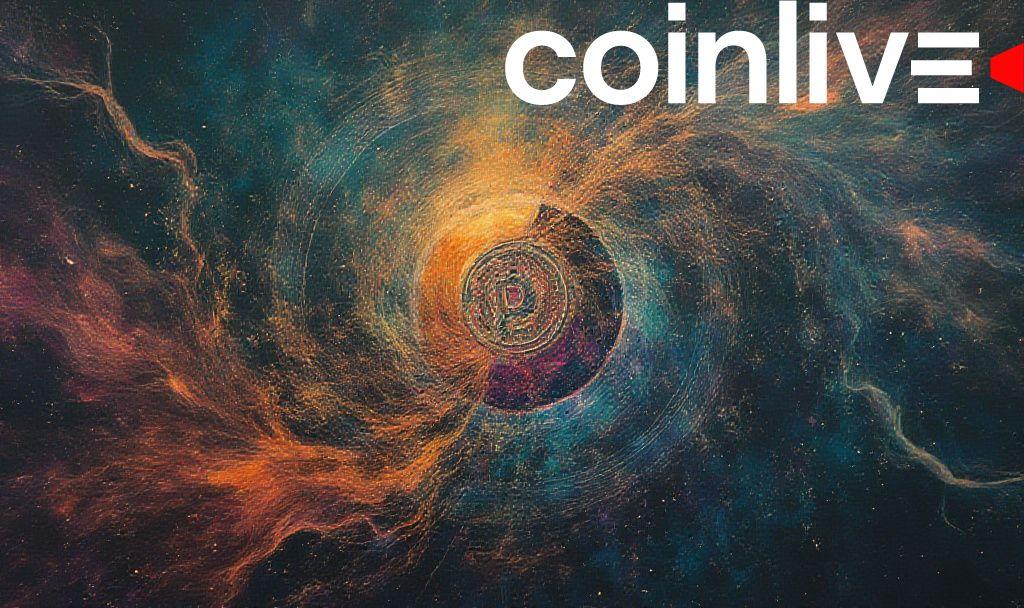- The Economist critiques U.S. crypto, power dynamics, and decentralization.
- Shift away from disruptive ideals noted.
- Continued institutional interest amid critiques observed.

The Economist published an article on May 16, 2025, criticizing the U.S. cryptocurrency industry for losing its decentralization focus and becoming politically entangled. The opinion suggests a shift towards power and influence rather than its original disruptive intentions.
The critique reflects concerns over the crypto sector’s entanglement with U.S. politics, drawing attention to its deviation from decentralization goals and sparking debate. It underscores potential missed opportunities due to regulatory skepticism.
The Economist’s article questions the U.S. cryptocurrency industry’s current state, highlighting concerns over political entanglement and a shift from original decentralization motives. The op-ed discusses how this shifts the focus from the industry’s original ideals.
“Instead of disrupting power structures, crypto in America has been absorbed by them,” notes The Economist.
Key figures mentioned include the Trump family allegedly utilizing digital assets for lobbying, while unnamed cabinet officials hold significant cryptocurrency. Gary Gensler’s SEC remains skeptical, impacting industry regulation, indicated by numerous litigation efforts.
The article presented a picture of institutional involvement, particularly BlackRock and Franklin Templeton, who are engaging in tokenization efforts. While controversial, this suggests an ongoing mainstream financial interest in cryptocurrencies, despite evolving dynamics.
The criticisms suggest risks for the U.S. in missing out on cryptocurrency opportunities due to regulatory challenges. Regions such as the EU and Japan are reportedly fostering clearer guidelines without similar conflicts of interest.
The Economist highlights a deviation from Bitcoin’s initial vision of empowering retail investors and disrupting finance. It points to controversies within the U.S. but notes the cryptocurrency’s role in regions with high inflation and weak banking systems, retaining some of its original utility.








